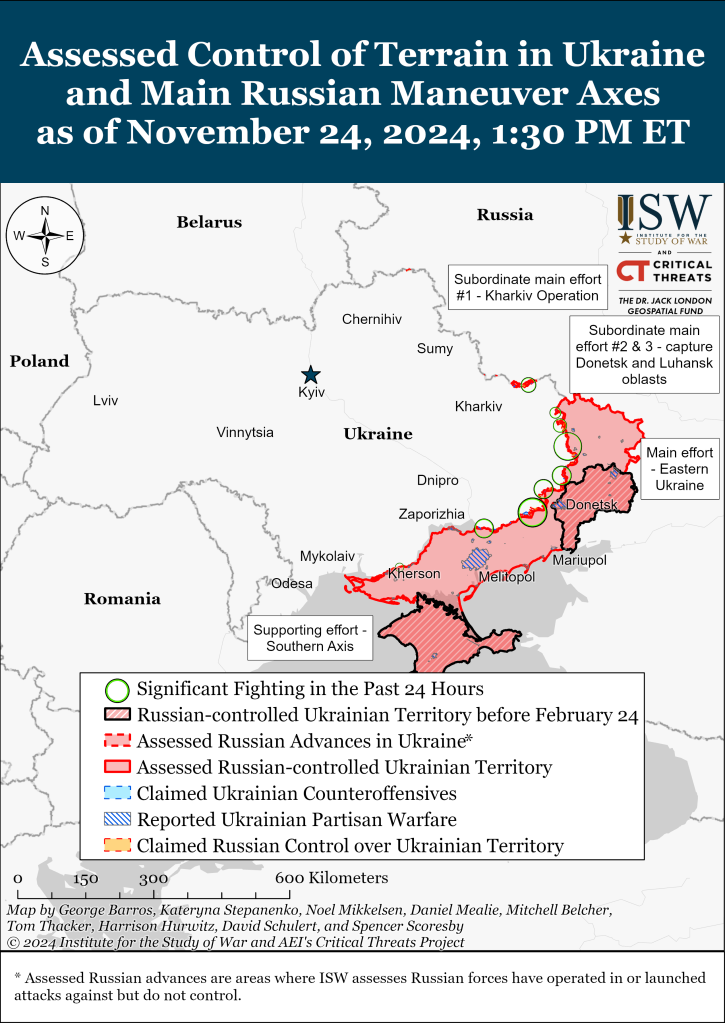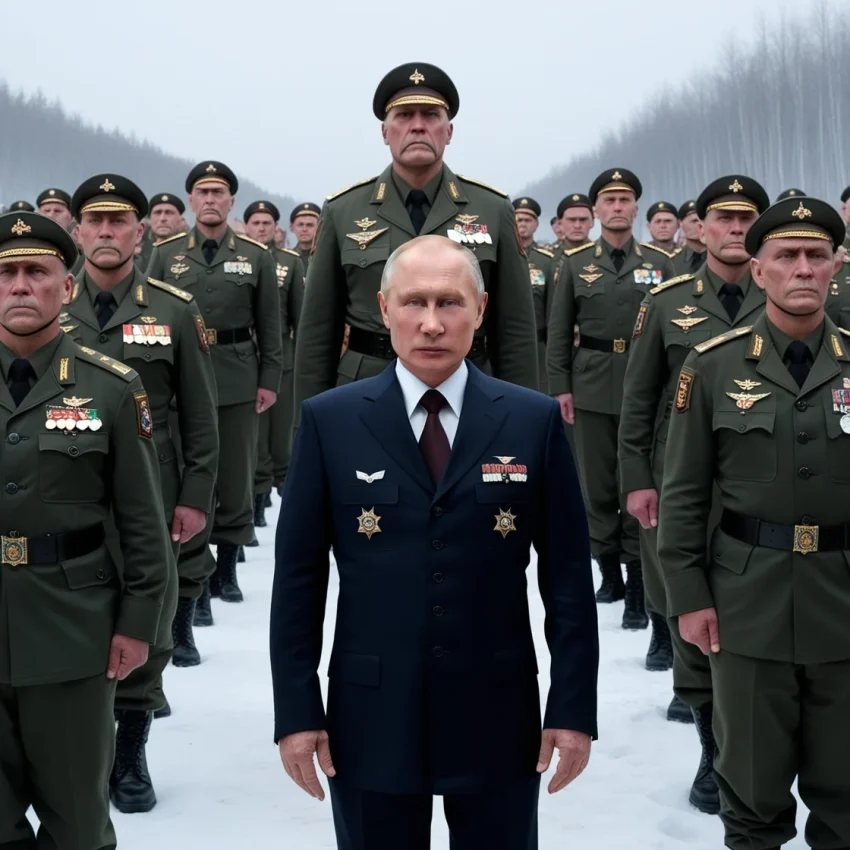As Donald Trump prepares to be sworn in as President on January 20th, 2025, the world stands at a critical crossroads. His administration promises significant changes, though much uncertainty surrounds what those changes will mean, particularly for the ongoing war in Ukraine. While many Americans may now face the consequences of their electoral decisions, global attention shifts to what Trump’s presidency will bring on the international stage.
Putin’s Dilemma: A Legacy in Jeopardy
For Vladimir Putin, this moment is a defining one for his legacy. He seeks to re-establish the empire of Imperial and Soviet Russia, a vision that drives his costly and bloody war in Ukraine. Yet, his ambitions come at a steep price. Russia’s economy is crumbling under the weight of sanctions, corruption, and the massive expenditures of war. Despite this, Putin pushes forward, likened to an aging runner gasping for air but unwilling to stop before reaching the summit—even if it kills him.
Domestically, Russian media insists that the West is irrelevant to peace talks. They argue that a resolution only requires a “new” Ukrainian government, a thinly veiled call for regime change in Kyiv. In this scenario, Moscow envisions a Ukraine reduced to a puppet state, stripped of sovereignty, occupied by Russian troops, and annexed territories fully integrated into Russia. Anything less is seen by Putin as an incomplete victory.
Trump’s Ambition: A Peace Deal
Trump’s motivations are more self-serving. He craves recognition and a historic achievement to cement his legacy—perhaps even a Nobel Peace Prize. Ending the war in Ukraine is his opportunity. However, his path to achieving this is fraught with challenges.
Putin’s endgame relies on taking as much Ukrainian land as possible before any negotiations, using territorial gains as leverage. Meanwhile, Trump must broker a deal that satisfies both Ukraine and Russia—a near-impossible balancing act. Ukraine, while resistant to concessions, might reluctantly agree to a temporary arrangement that avoids formally ceding territory.
The Risks of Trump’s Approach
Any peace deal must include an “or else” clause—an implicit threat of overwhelming U.S. military support for Ukraine should Russia refuse to cooperate. This strategy could force Putin to the negotiating table, but it’s also a gamble. If Russia believes it can outlast Ukraine’s resistance before Trump’s promised aid arrives, the war will continue.
A potential outcome could mirror the Korean War armistice of 1953: a frozen conflict, with an armistice line rather than a formal peace agreement. Such a deal would require Ukraine to remain heavily armed, likely paving the way for its NATO membership and closer ties to the EU. This scenario, while imperfect, would at least halt the bloodshed temporarily.
The Long-Term Threat of Russia
Even if the fighting stops, Russia’s underlying hostility toward Ukraine and the West will persist. Moscow’s narrative portrays Ukrainian independence as illegitimate—a historical anomaly that Russia is entitled to correct. Any pause in the conflict will likely be temporary, with an embittered and isolated Russia biding its time for another opportunity to strike.
Moreover, Russia’s alliances with China, Iran, and North Korea add another layer of complexity. These partnerships could embolden Moscow in future conflicts, creating a long-term security challenge for the West.
The Path Forward for Ukraine
Ukraine’s best strategy may involve a temporary armistice without legal concessions of territory, rapid NATO accession, and binding military guarantees from Western nations. Joining the EU and rebuilding its economy, infrastructure, and military will be critical to its survival. Over time, as Russia’s economy deteriorates under the strain of its own policies, Ukraine may have an opportunity to reclaim its lost territories.
A Test for Trump
Trump has a chance to shape history, for better or worse. His desire for recognition might drive him to broker a fair and lasting resolution to the war, but this will require skill, strategy, and the right advisors. The stakes are high, and the world will be watching closely as this new chapter unfolds.
The former President of Taiwan, Tsai Ing-wen, perhaps summed it up best: the best way to deter future aggressors like China is to arm Ukraine and ensure Russia does not prevail. If Trump can navigate this moment successfully, it could be a turning point not just for Ukraine, but for the global balance of power.

